Calibre (2018)
Directed by: Mark Palmer
Written by: Mark Palmer
Starring: Jack Lowden, Martin McCann, Tony Curran
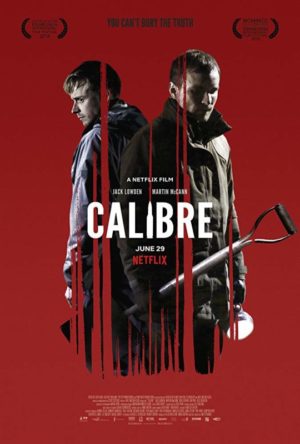
CALIBRE (2018)
Directed by Mark Palmer
The Scottish Highlands are beautiful but bleak. As much as the dynamic scenery is home to some breath-taking views, it’s also the sort of unforgiving terrain in which a person could go missing and not be found for days. Writer/ director Mark Palmer’s debut feature is about two men going for the former and becoming embroiled in the latter.
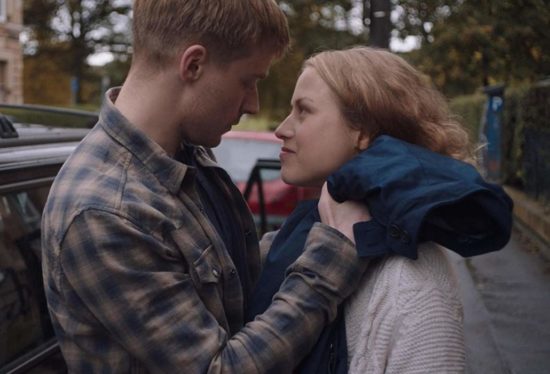
The mild-mannered, soon-to-be husband and dad, Vaughn (Lowden) leaves the city for a jaunt up north with his childhood friend Marcus (McCann): a hard-talking, coke-snorting businessman. Staying in a remote village, their aims are simple: drink some beer, ear some steak, maybe shag some women, and hunt some deer, before returning to civilisation and settling down into boring adulthood. It’s got all the trappings of an odd-couple road movie, like a Scottish Sideways but, instead, it ends up more like a tartan twist on Deliverance. During a night at the local pub that leaves them worse for wear, they meet the community leader Logan (Curran). Aside from introducing them to some of the dour supporting cast, he paints the picture of a dilapidated community, on the fringes of society. A left behind, but nonetheless a tight-knit place where people look out for one another, even if it means taking the law into their own hands. And this results in a particularly tight corner for Vaughn and Marcus, as a tragic accident and a series of bad but believable decisions leave them trying to cover their tracks.
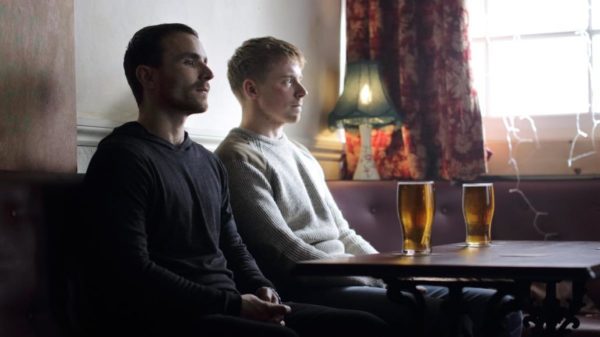
Movies set in a rural area often build suspense around who or what is hiding between the trees. But in Calibre the horror is less about monsters out there than the monsters within. Palmer asks us what lengths we would go to protect ourselves and, to an extent, each other. In that respect, maybe the best thing about Calibre is the difficult position it puts the audience in. It’s an emotionally complex film, with no clear cut good guys but a heck of a lot of bad ones. Vaughn and Marcus are our eyes for the whole story, yet they’re definitely not in the right and it’s their web of lies we watch get spun. The narrative never tries to justify their actions. But by basing the tension around whether or not they will get away with what they’ve done, Palmer stretches audience identification by making us complicit in their crimes. For much of their running time it, therefore, watches like a very dark caper flick.
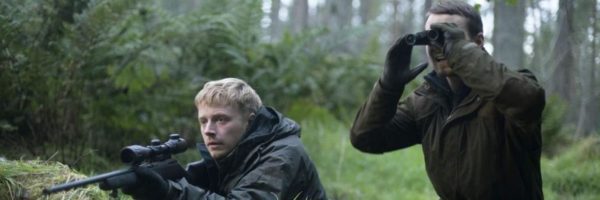
The bulk of the second act is excruciatingly tense, with the viewer’s dilemma being deeply uncomfortable. Yet Vaughn and Marcus’ increasingly fraught relationship gives us just enough goodwill to want to see them get off scot-free. For scene after scene, Palmer slowly twists the knife in, as they sweat under the watchful glare of the suspicious locals. Seeing them struggle to keep their stories straight is like watching a waiter try to carry more and more plates: you don’t want to see it come crashing down, though you feel like it’s got to eventually. They can’t just leave, because that would raise even more eyebrows, and they can’t go to the police either as they’ve already broken the law several times over. It’s all brilliantly escalated, with Palmer achieving a level of disciplined pacing that most screenwriters go their career without ever achieving. He creates a sense of forward momentum, to rival most thrillers, but importantly does so without undermining the horror at the film’s core for cheap sensationalism.
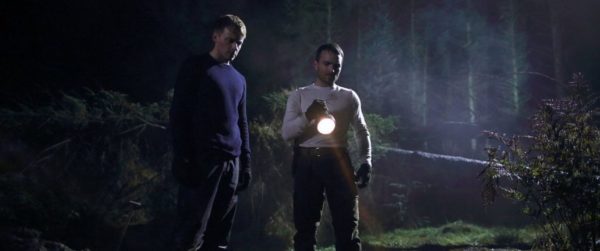
The character work is also first-rate – at least for our leads. Palmer juxtaposes different models of masculinity, as our city-slickers softened by modern life contend with a traditional, more stoic, community. It’s cliched, but done way better here than most horror outings to the countryside. He also brilliantly captures the point at which two people realise their friendship may have run its course, and they have ultimately outgrown each other. Vaughn’s apprehension at going is immediately clear, despite the trip being allegedly arranged for his benefit (an idea we’re invited to be cynical of). And although the dialogue is often austere, at least during the more dramatic sequences, this works since one of the themes is the characters’ inability to face up to their actions. Unfortunately, it is overwritten towards the end, and with movie starts to peter out with a prolonged final act that could benefit from being shorter and punchier. Particularly given it’s the only section that could reasonably be called predictable, as the tired themes of sin and salvation come to the forefront. It’s an issue that doesn’t spoil things too much, since the final moral choice is interesting. But it’s one that the novelty of the movie being eye for an “aye” doesn’t quite get around.
Rating: 




Calibre is available on Netflix.


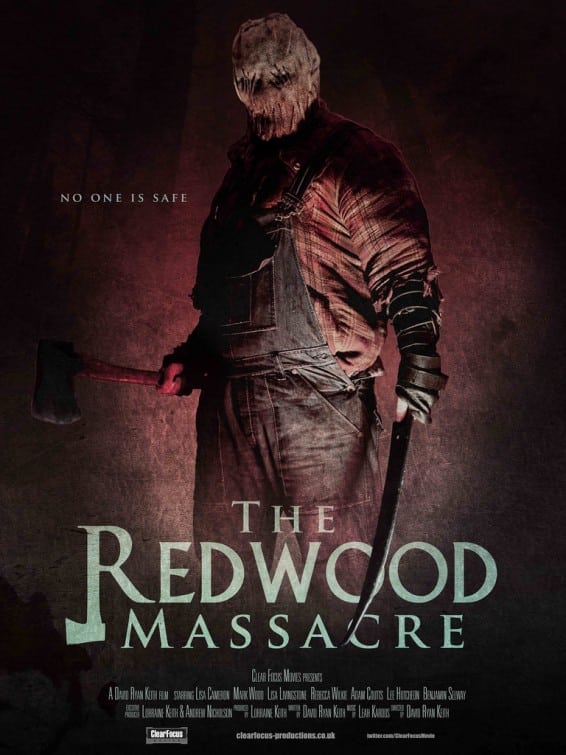
Be the first to comment